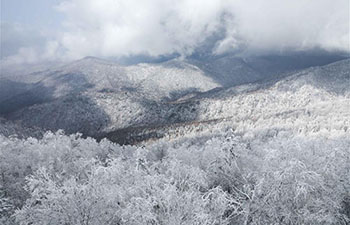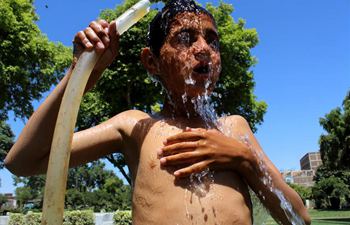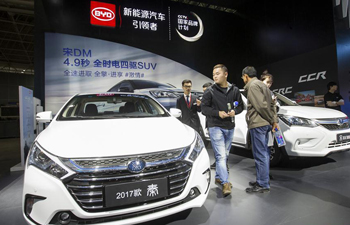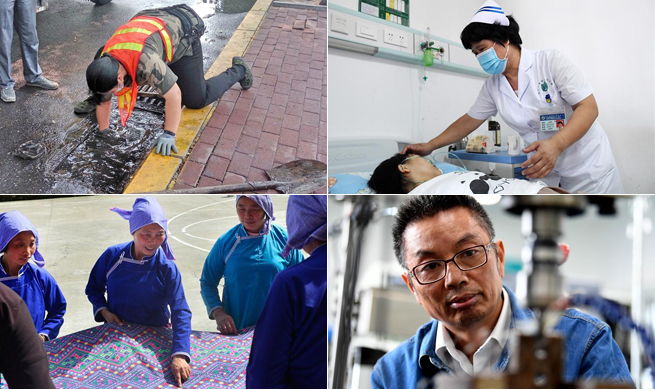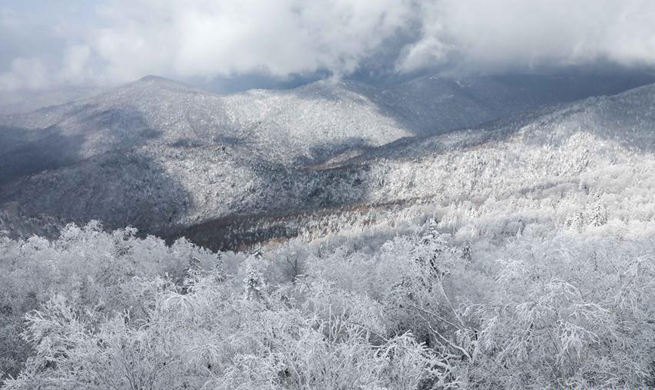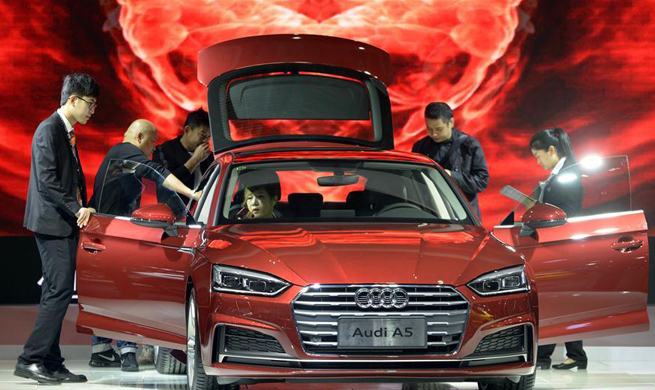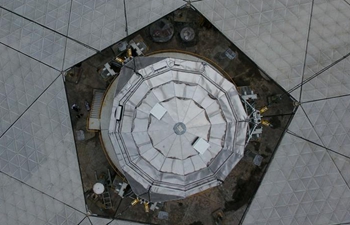by Stefania Fumo
ROME, Oct. 12 (Xinhua) -- Italy's northern regions of Lombardy and Veneto are set to hold referendums to request more autonomy from central government on Oct. 22.
The votes in the two wealthy, industrialized regions of Italy are for more fiscal autonomy and more powers to decide how to allocate financial resources.
Both referendums, which were announced officially in April this year, have been called in agreement with Italy's central government.
Lombardy, whose capital is Milan, Italy's financial hub, and Veneto, with its capital Venice, are both currently led by governors from the rightwing anti-immigrant Northern League.
The Northern League has long argued that Italy's wealthier northern regions should not have to support the impoverished, crime-ridden southern region.
Italy's southern regions are home to Italy's four powerful mafia organizations. They are also much poorer than the northern regions, and official statistics bear this out.
In a July report on inequalities and distribution of wealth in Italy, ISTAT national statistics agency pointed out that in 2015, per-capita gross domestic product (GDP) in northern Italy stood at 33,400 euros, almost double that of the south, which stood at 17,800 euros.
The statistics agency defines per-capita GDP as "the capacity of each territory to produce revenue, per population unit".
As well, according to ISTAT, over half of the people living in the southern part of Italy, or 55.4 percent, are at risk of poverty or social exclusion, against, for example, 14.5 percent in the northern Friuli Venezia Giulia region.
Veneto Governor Luca Zaia believes his region should stop footing the bill for the rest of the country: residents pay 15 billion euros more in taxes than the central state spends on services in the region, Zaia argued in a link on his Facebook profile, in which he urges citizens to vote in the Oct. 22 referendum.
The referendums in Lombardy and Veneto are non-binding, meaning that they will have no impact on legislation. For this reason, critics claim Northern League leaders called them as a political move to give their party more visibility ahead of the next general election, likely to be held in spring 2018.




